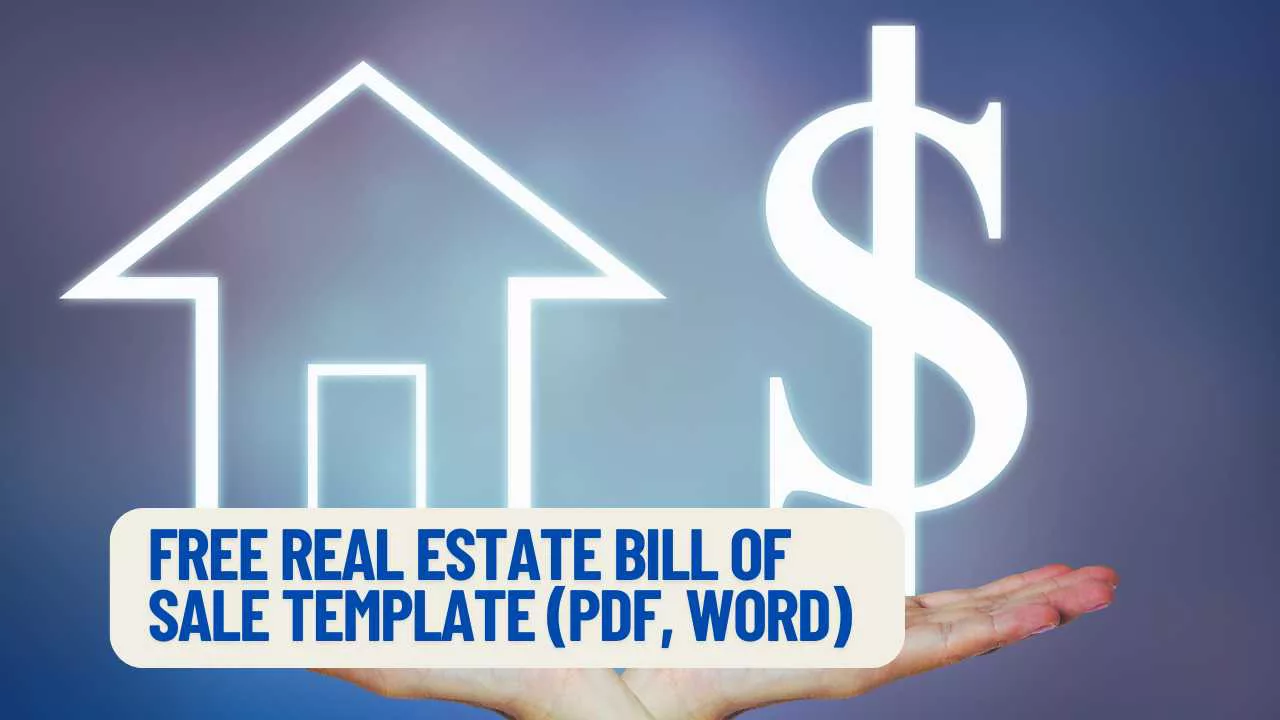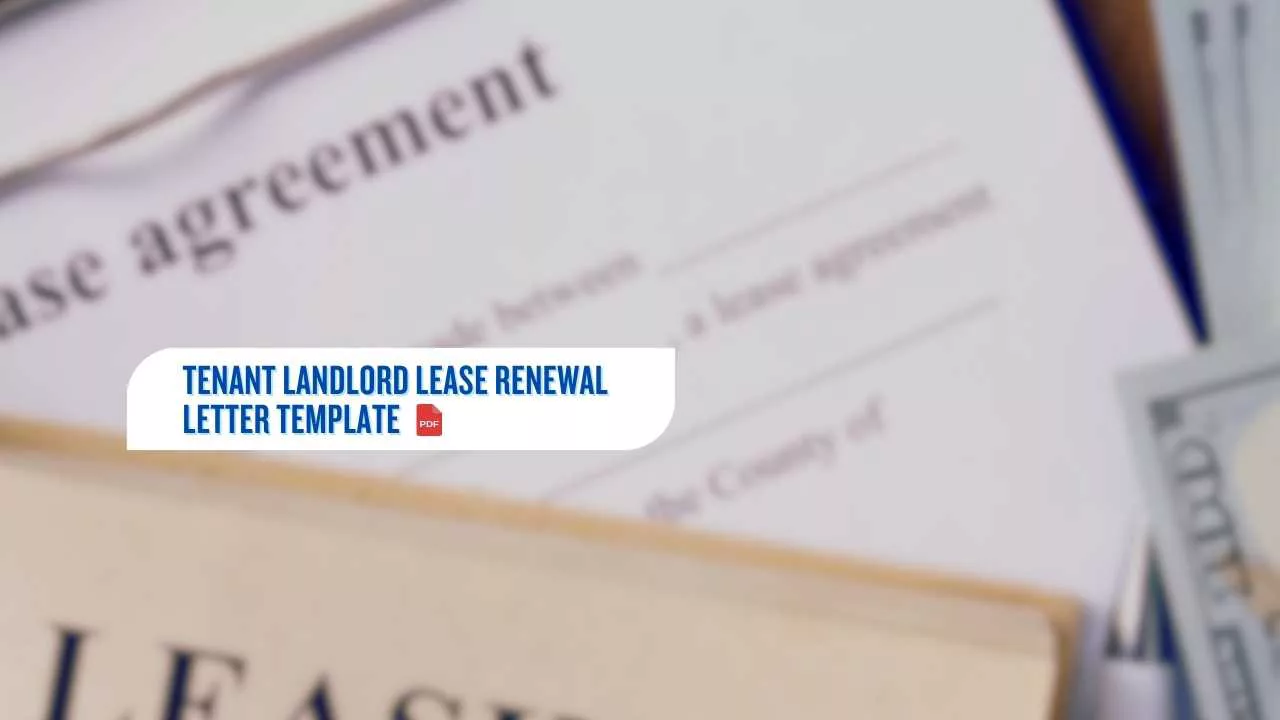Scroll to Find a Real Estate Agent Expenses Spreadsheet
As a third-generation member of a real estate family, I’ve acquired a deep appreciation for the ins and outs of managing a real estate business. One of the most valuable tools I rely on is my real estate expenses spreadsheet, which I’m excited to share with you. This spreadsheet has been instrumental in helping agents like my father and me effectively track, categorize, and manage business expenses.
What makes this real estate bookkeeping template even more powerful is aligning its use with resources from the IRS, such as the Tax Guide for Small Business (Publication 334), which outlines which business expenses are deductible. Keeping an IRS-ready expense log for agents helps you stay organized and find potential tax-deductible expenses. My spreadsheet can help you with smarter financial planning, saving you time on expense tracking.
Download Free Spreadsheet (Excel, PDF, Sheets)
Be Among the First to Join Our BRAND NEW Facebook Group!
Connect, share, and grow with like-minded individuals. Don’t miss out on the excitement!
Why it is Important to Track Your Real Estate Agent Expenses
Tracking your real estate income and expenses is a necessary task for managing your real estate business. It provides a clear picture of your financial position in the real estate market, which can guide your decision-making process. This monthly real estate income and expense report will help you categorize expenses for efficient tracking and management.
If you’re not sure how much you’re spending on your real estate business, then you’re not sure how much you’re making either. Without an expense sheet, it’s difficult to tell whether your business is truly successful or not.
Key Items to Include on a Real Estate Agent Expenses Spreadsheet
- Advertising and Marketing Costs: Expenses for online listings, print ads, and social media promotion.
- Commission Calculations & Referral Fees: Track payments to other agents and fees paid for referrals.
- Education and Training: Costs for continuing education, real estate courses, seminars, and workshops.
- Travel and Vehicle Expenses: Account for mileage, fuel, maintenance, and other travel-related expenses.
- Office Supplies and Equipment: List costs for supplies, computers, software subscriptions, and other equipment.
- Insurance Premiums: Document payments for professional liability, health insurance, and other types.
- Association Fees: Track fees paid to local, state, or national real estate associations.
- Home Office Deductions: If applicable, note expenses like a portion of rent, utilities, and internet.
- Legal and Professional Services: Keep records of expenses for legal advice, accounting, and other professional services.
- Client Entertainment and Gifts: List costs for entertaining clients or purchasing gifts within tax-deductible limits.
Common Tax Deductions
For a more detailed breakdown, you can also use our dedicated real estate agent tax deduction spreadsheet.
| Common Tax Deductions | Explanation |
|---|---|
| Vehicle Expenses | Agents can claim deductions for travel expenses related to transactions. |
| Office Supplies | Expenses for office supplies are common tax deductions. |
| Marketing Costs | These are deductible operating expenses crucial for your brokerage. |
| Professional Fees | Fees paid to tax professionals for filing and analysis are deductible. |
| Property Taxes | Agents can deduct property taxes as part of their financial records. |
| Education and Training | Costs for education and training in real estate are deductible. |
| Insurance Premiums | These are deductible and aid in financial analysis. |
Our Other Real Estate Templates
| Template Name | Description |
|---|---|
Profit and Loss Statement | Analyze your financial performance with ease. |
Lead Tracking Excel Spreadsheet | Keep track of your leads and boost conversions. |
Rental Property Inspection Checklist | Ensure thorough inspections with this comprehensive checklist. |
Daily Schedule | Organize your day for maximum productivity. |
Agent Onboarding Checklist | Streamline the onboarding process for new agents. |
Listing Checklist Template | Manage your listings effectively with this checklist. |
Join Our Real Estate Professional Network
Join us and grow your real estate career in 2025. Gain the tools you need to master tax filing, uncover valuable tax deductions, and identify tax-deductible expenses that can transform your financial outlook. Stay ahead by streamlining business operations and monitoring monthly expenses.




